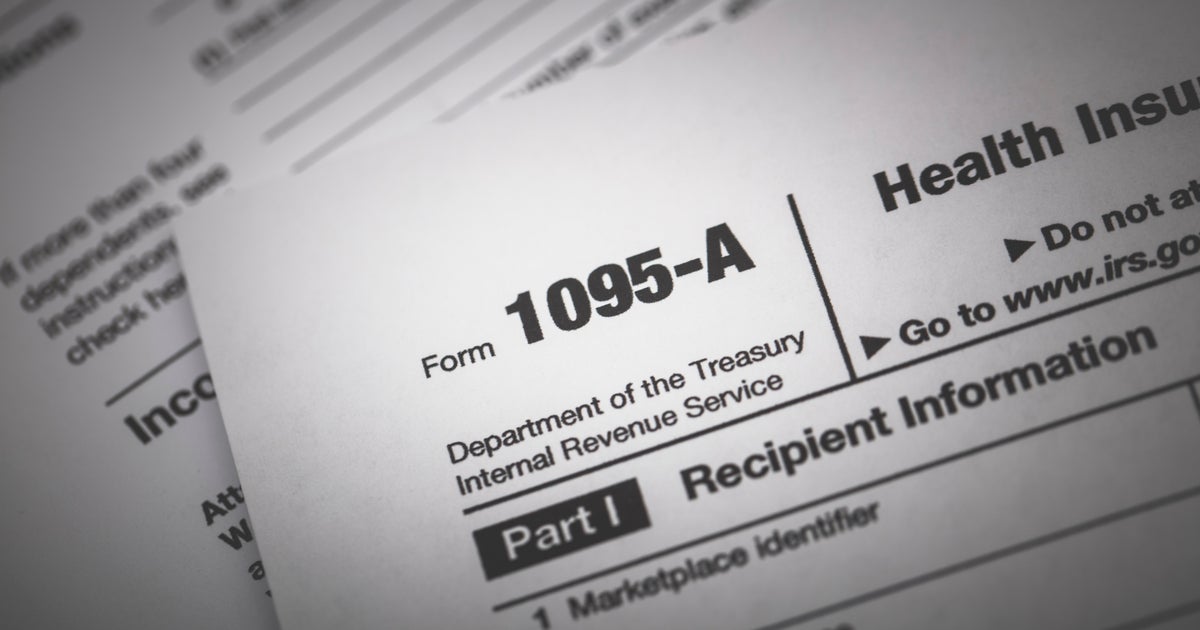Taking a small business from local to global
Allison Schickel's decision to start her medical garment company, The Brobe, was spurred by a local cause very dear to her heart -- but her idea has translated into a rapidly expanding global company.
"A friend of mine had four surgeries for breast cancer," Schickel told CBS MoneyWatch in an interview. "She said they gave me these drains, and she showed me [the garment the hospital gave her]. It didn't hold up or give her any dignity. I was thinking there's no way if my mom or sister had their breast removed that I would give this to them," Schickel said.
The experience lead her to launch Austin, Texas-based The Brobe in 2012, with a garment that included engineered interior pockets to handle various post-surgical indignities such as drains.
Pivoting to a global platform
It took Schickel three years to sell her first 600 Brobes, with a B2B model that had her pitching medical facilities and doctors in the U.S. to introduce the product to patients. But her decision to change to a B2C model -- selling directly to her customers via her website and Amazon -- resulted in the company's sales jumping steadily. It also led to a sudden scramble to handle demand from overseas customers.
"It wasn't until I started getting more and more orders from the Netherlands, from Germany, from Canada that I had to start educating myself on what were the taxes and duties, and do I go ahead and charge that now, or do they pay for it whenever they get it? So there was a big learning curve," Schickel said.
It's a curve The Brobe appears to be handling with aplomb. Schickel said the company is expecting to sell $500,000 worth of product in 2018, up from just $9,000 her first year.
Making an export strategy
Very few U.S. brick-and-mortar businesses export, and those that do usually sell to just one market, according to the Center for Strategic and International Studies. But if you're a small business, selling online can take your products from local to global in a day. It could be great for sales: Over 95 percent of the world's consumers live outside the U.S., according to the Small Business Association.
But selling overseas can be challenging. It means figuring out shipping, duties and best ways to market in-country.
One of the first key steps? Budgeting to market your product on an in-country e-commerce platform or building a website that can quickly process payments from a foreign bank.
"I think with e-commerce ... if you're going to be proactively selling directly to consumers, globally from your U.S. warehouse, you have to have the money to build the marketing," Josh Halpern, a former U.S. foreign service officer and founder of Getting To Global, told CBS MoneyWatch. He said the advantage of platforms like eBay and Amazon is they can help small businesses attract overseas customers without the company having to "optimize" its own website immediately with an in-country page.
The Getting to Global Initiative, a public-private partnership, is an export "accelerator" that aggregates government and industry education and resources to help U.S. businesses speed their export growth through e-commerce. It includes tools like a duties and tax calculator and course work on developing an international strategy.
If you're unsure where to start, the Small Business Administration or the U.S. Export-Import Bank can also help with educational resources and even loans to help manage global production.



